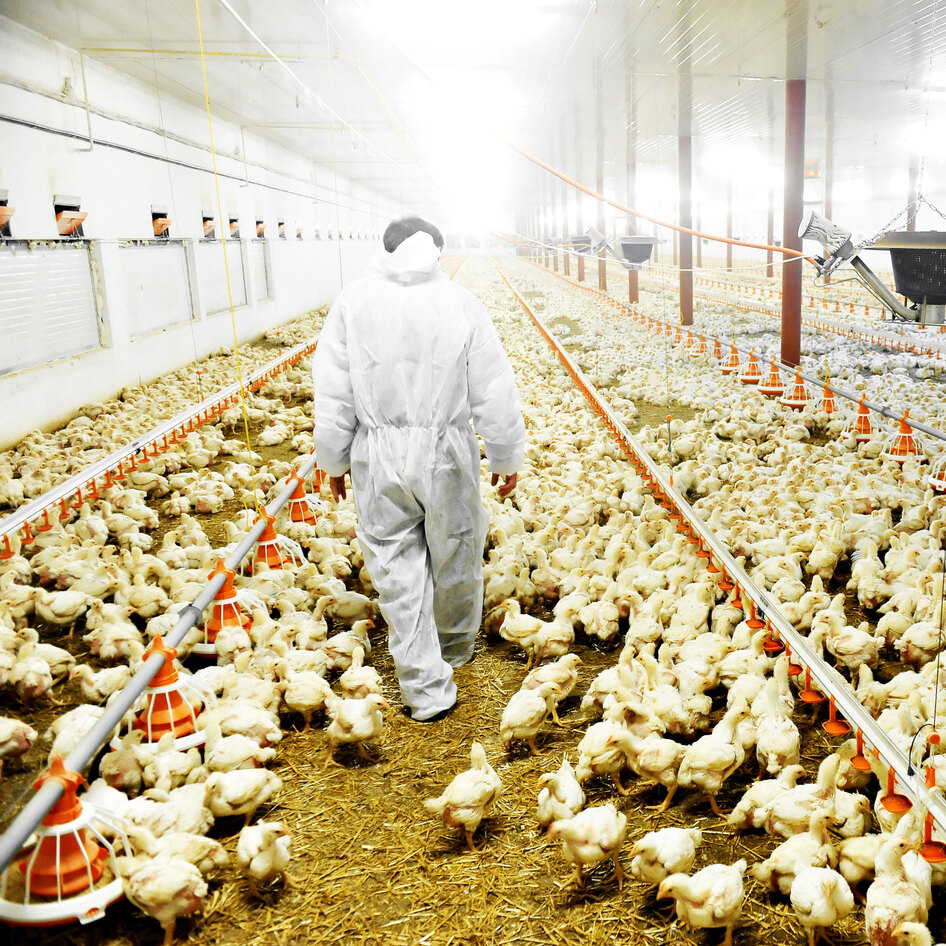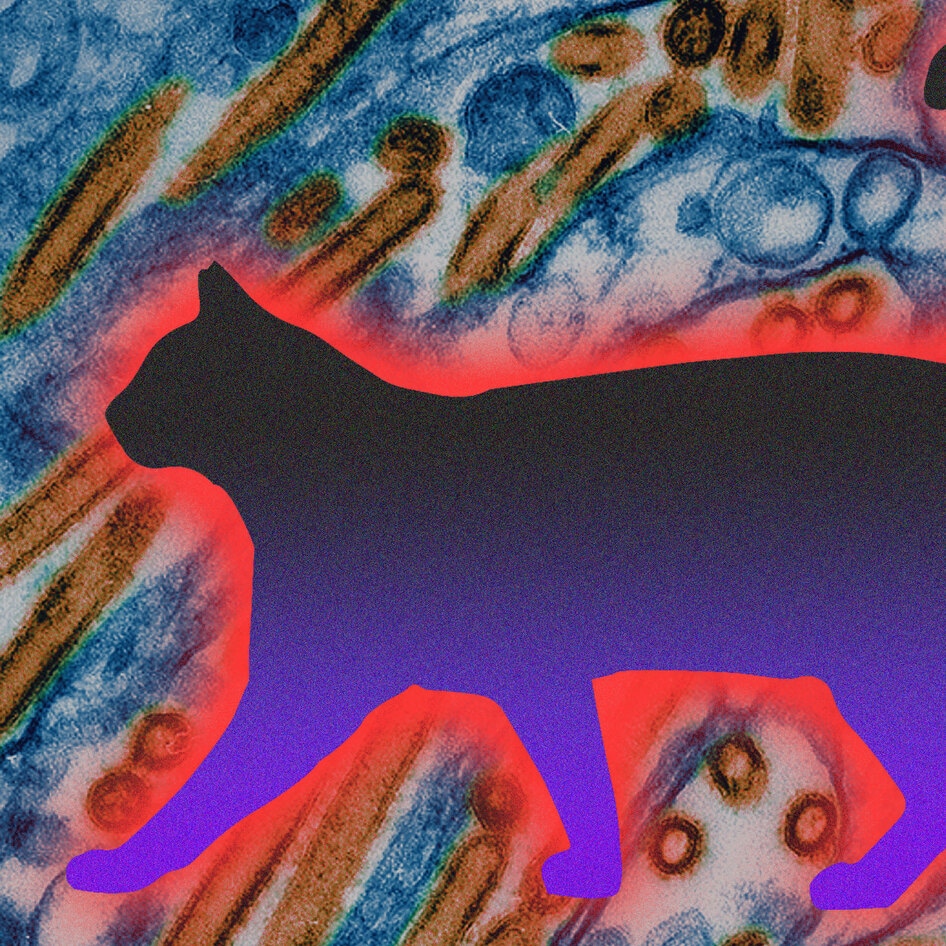This week, Chinese officials in the city of Shenzhen identified the presence of the COVID-19 virus on the surface of frozen chicken wings from Brazil, according to a statement made by the Shenzhen Epidemic Prevention and Control (SEPC) Headquarters Office. The officials conducted comprehensive testing on individuals who may come in contact with the chicken wings and all tests came back negative. The officials ordered all infected products to be destroyed.
In Xian, China, a package of shrimp from Ecuador also tested positive for COVID-19. “The headquarters office reminded the general public to be cautious in buying imported frozen meat products and aquatic products in the near future, and to take personal protection to reduce the risk of contracting [COVID-19],” SPEC said in its statement.
While the direct consumption of meat products has yet to be determined as a source of COVID-19 spread, slaughterhouses worldwide have become hotspots for the spread of the virus, due in large part to the nature of the shoulder-to-shoulder work required to dismember animals and pack their parts for consumption.
In light of the findings in China, Physicians Committee for Responsible Medicine (PCRM)—a medical group of 12,000 doctors—filed a lawsuit this week against the United States Department of Agriculture (USDA) after the government agency previously rejected a petition that it filed in May. In its petition, PCRM demanded that the USDA implement new policies to test meat products for COVID-19 and in the absence of testing, label meat products with warnings informing consumers of possible COVID-19 contamination. As of August 11, at least 40,517 meatpacking workers have tested positive for COVID-19, and at least 189 have died as a result of the virus, according to data compiled by Food & Environment Reporting Network. “Plant workers who are asymptomatic may still be viral carriers,” PCRM President Neal Barnard, MD said. “Because these workers directly handle meat and poultry products, and because the COVID-19 virus is easily airborne, transmission of the virus to the products they handle is likely, which means transmission of the virus into people’s homes is likely.”
JUMP TO ... Latest News | Recipes | Guides | Health | Subscribe







